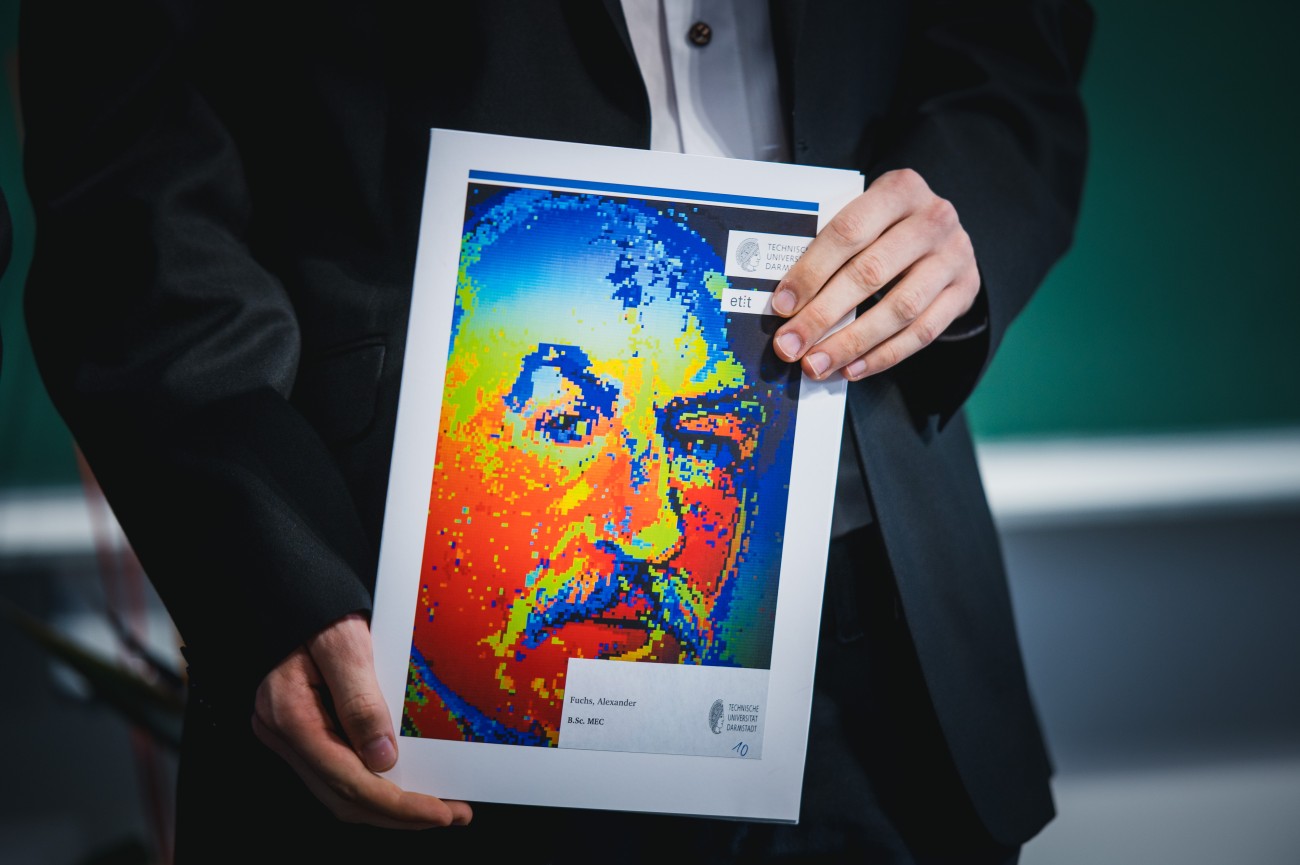Model-based Deep Learning with Applications in Wireless Networks
Masterarbeit, Bachelorarbeit
In wireless networks, tasks such as resource allocation and estimation often require solving optimization problems. High performance solutions often tend to involve costly algorithms. Deep learning proved successful in several domains such as computer vision to handle extremely difficult problems efficiently. However, research on deep learning was slow in signal processing due to concerns about its explainability and robustness.
Recently, the topic of model-based deep learning and algorithm unrolling gained traction in the signal processing community. The idea is to start from either a classical algorithm or mathematical model, then augment it to allow learning through data. Research shows that this method can produce performant deep networks which are both efficient with respect to training data and adapt well in case of shifting domains [4].
In this thesis, you will investigate model-based deep learning in the context of signal processing in cellular networks. The goal is to develop novel robust deep network architectures that outperform their classical counterparts. Potential applications can be in anomaly detection within communication networks or resilient resource allocation strategies, depending on your interest.
For more information, see the announcement as PDF.



